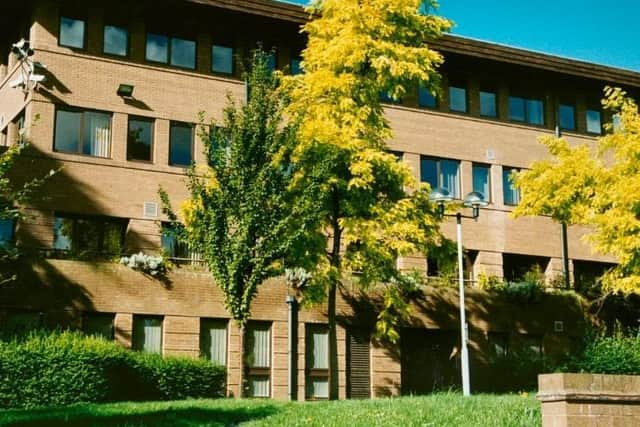Ombudsman criticises Warwick District Council planners following loss of bat habitat
and live on Freeview channel 276
Warwick District Council is to pay a local wildlife group £1,000 and provide new hibernation boxes for bats after it failed to properly consider the impact a housing development might have on local wildlife when it approved a planning application, the Local Government and Social Care Ombudsman has said.
The council approved the plans without requiring the developer to provide necessary details of bats using the site, even though there had been a history of bats living in the vicinity. It also failed to require the developer to compensate for the bio-diverse land lost.
Advertisement
Hide AdAdvertisement
Hide AdThe report from the ombudsman does not say where the site was, other than somewhere in the Warwick district.


When the land next to the site was approved for housing in the mid-2000s, the Secretary of State insisted a bat barn was created as part of the development to protect the local bat population.
In 2017 an application to build homes on fields next to the original site was approved, and before work began, the developer removed a hedge and a number of trees which were important to the bats.
Planning officers at the council had recommended planning permission be approved despite the concerns of their own ecologists who had objected as they did not have the necessary details to give meaningful advice.
Advertisement
Hide AdAdvertisement
Hide AdNigel Ellis, chief executive at the Local Government and Social Care Ombudsman, said: “When considering planning applications for particularly sensitive sites such as these, it is all the more important that planners gain the necessary information and advice in a timely manner, to give the committees approving applications the best chance of making an appropriate decision.
“Evidence of at least three different species of bats have been found at the site, and a nearby major infrastructure project had to be relocated because a rare species was found. In this case, because the necessary surveys were not conducted at the right time, we can never be sure just what impact the development has had on the local bat population.
“I hope the measures the council has now agreed to take will go some way to offset the potential damage that has been done to biodiversity in the area, and the agreed improvements to the planning process will ensure decisions are made properly in future.”
The Local Government and Social Care Ombudsman’s role is to remedy injustice and share learning from investigations to help improve public, and adult social care, services. In this case the council has agreed to apologise to the woman who complained to the ombudsman for its failure to properly protect the natural environment near her home. It will also pay £1,000 to Warwickshire Bat Group to enhance or promote the environment for bats and, in consultation with the ecology service, provide eight to 10 suitable hibernation bat boxes on land within its control.
Advertisement
Hide AdAdvertisement
Hide AdA spokesperson for Warwick District Council said: “The council accepts the ombudsman’s recommendations.
"In the three year’s since the planning permission was granted, the council has established revised processes and practices which seek to ensure the issues identified are not repeated.
"The council will be reporting back to the ombudsman in due course to demonstrate that all recommendations have been, or are being, met.”